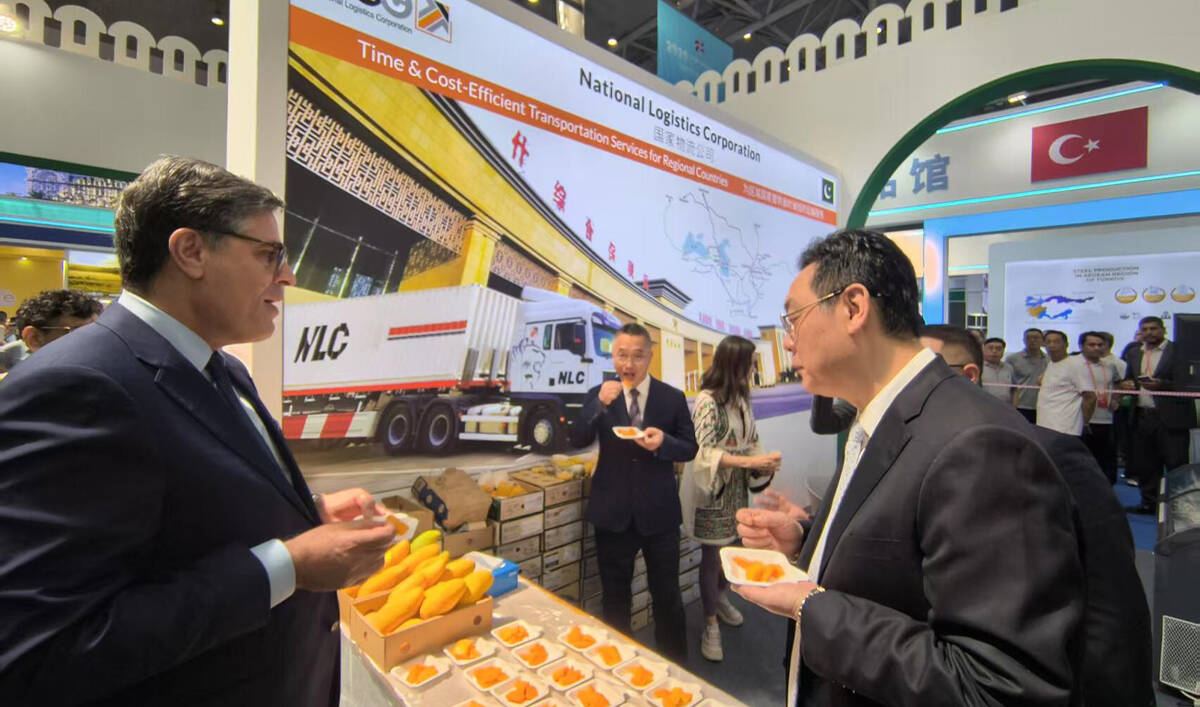KARACHI: Taking umbrage at the suggestion that they reduce their share from the federal pool of reserves, the four provincial governments of Pakistan said on Thursday that they would strongly resist the move.
The idea was proposed by the International Monetary Fund (IMF) as part of measures to strengthen Pakistan’s federal fiscal framework. And if the plan is brought to fruition, it would require the provincial governments to reduce their share in the National Finance Commission (NFC) Award.
The NFC Award ensures financial resources are divided among the four provinces according to the 18th amendment, which dictates that the provinces have the autonomy to manage their budgets and expenditure. The constitutional framework demands that all four provinces have to mutually agree to any change made in the NFC Award. However, the president has the final authority to revise the provinces’ shares through an executive order if they fail to reach a consensus.
“The current distribution of resources under the NFC award is fine as once the power devolution has taken place and provinces are managing their finances themselves the distribution should not be reversed,” Taimor Saleem Khan Jhagra, Finance Minister of the Khyber Pakhtunkhwa (KP) province, told Arab News on Thursday.
At present, the four provinces get 57.5 per cent of the resources from the divisible pool of taxes under the seventh NFC Award distribution, whereas the federal share stands at 42.5 per cent. Among the four, the Punjab province gets the lion share at 51.74 per cent, followed by Sindh at 24.55 per cent, Khyber Pakhtunkhwa at 14.62 per cent and Balochistan at 9.09 per cent.
Reacting to the proposal, Spokesman of Chief Minister Sindh, Rasheed Channa, Rasheed Channa, told Arab News that “any move to curtail the funds would be resisted”, adding that: “Sindh is demanding that its share in NFC be increased because of the large spending in the province in the backdrop of a large inflow of people coming in from other provinces as well”.
Demanding a revision in the distribution of the NFC Award finances, Balochistan Finance Minister, Muhammad Arif Hasni, said: “We are suggesting that the government should also enhance our share by considering the factor of area of the province other than population and poverty.”
Reasoning that the IMF’s aim was “to consolidate federal fiscalism” to ensure that the “federal governments are more empowered”, Dr Farrukh Saleem, Government’s spokesperson on Economy and Energy Issues, told Arab News that the proposal would be in the interest of the federation because “big expenditure including debt servicing is being incurred by the federal government”.
Balochistan continued to raise alarm at the suggestion, adding that it had always been at the receiving end of such measures. “The successive government have misused the fund they received under the NFC award. The provincial government is in a rush position to get the funds from federal government as it is running out of funds to pay salaries to government employees,” Shaukat Populzai, president of the Baluchistan Economic Forum, said.
He added that any cut in the federal government would not impact the province’s position towards Chinese investment – particularly in the China Pakistan Economic Corridor project – as that is being made under the federal government. “If China makes investment at the micro level such as in agriculture, mining and other social economic sectors then there will be trouble,” he added.
Instead of curtailing the shares of the provinces, Jhagra said better engagement and coordination among provinces and the federal government could be the solution to the problem. “The center needs to enhance revenue generation by scaling up tax collections by the FBR [Federal Board of Revenue] and that is a daunting task for the government,” he said.
Responding to a question about the financial health of the KP province, he said: “We are healthier than other provinces and we do not need to go into deficit. Our budget is higher than last year, but we do not have a comfortable fiscal space for the development in the province.”
Pakistan on Thursday formally requested the IMF to provide financial assistance to tackle its depleting foreign exchange reserves. Confirming the news, IMF’s managing director, Christine Lagarde, said that a decision on the matter will be taken after more talks next week.
As the country gears up for talks leading to a bailout, many at home fear that the IMF could force Pakistan to implement its proposal and ensure a provincial cut in the NFC Award share.


















